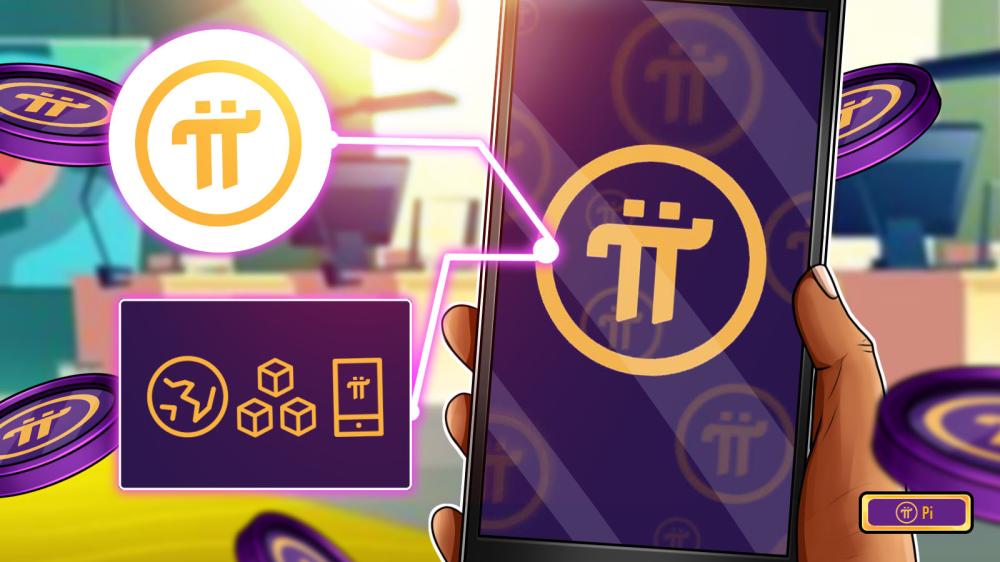As the SidraBank development team remains silent on the progress of the mainnet transition, users are growing increasingly frustrated and confused. The lack of updates has left many wondering when the migration will be completed and at what stage it currently stands.
SidraBank announced its transition to the new MainNet in November, touting the move as a crucial step in enhancing security and efficiency. However, the transition has been shrouded in secrecy, with the development team offering scant details and failing to meet their initial promise of regular updates.
This lack of communication has caused significant anxiety among users, especially those who rely on the platform for their daily financial needs. Many are concerned about the potential disruption to their services and are eager for information on the migration’s progress.
“The lack of updates is frustrating and unprofessional,” said Usman Danladi. “We are left in the dark, not knowing what to expect or when to expect it. This is simply unacceptable from a reputable project like SidraBank.”
Adding to the confusion, conflicting reports have emerged online, with some sources claiming the migration is nearing completion while others express doubts and suggest it might be delayed significantly. This further fuels user anxieties and leaves them with no reliable source of information.
SidraBank’s silence on the mainnet transition is damaging its reputation and eroding user trust. The development team must address these concerns urgently by providing a clear and comprehensive update on the migration’s progress and timeline. Transparency and open communication are crucial in regaining user confidence and ensuring a successful transition to the new MainNet.
Until then, SidraBank users remain in the dark, unsure when they will regain access to their funds and how the transition will impact their financial lives. As the silence continues, speculation and frustration are likely to grow, potentially jeopardizing the future of the platform. Continue Reading

















https://ice.io/@kanest
https://m.avive.world/register/?vcode=90j24b
https://www.btcs.love/invite/6yygn
https://j.bee.com/s?a=kanest&f=event_profile
https://minepi.com/kanest
https://azcoiner.com/invite?user=kanest
https://zeusnet.io/invite/FK3W8GN9SP
https://www.facebook.com/profile.php?id=61553953190005&mibextid=ZbWKwL